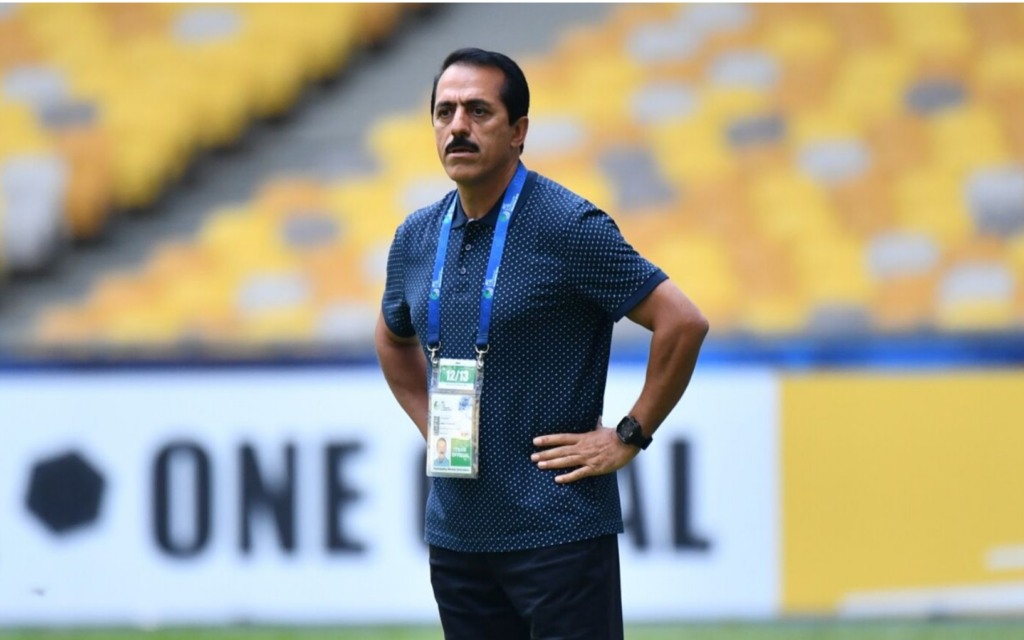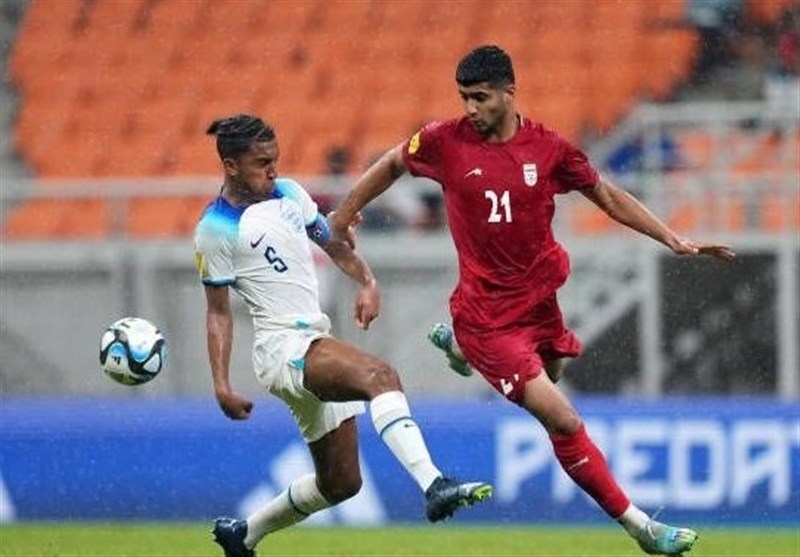The shocking elimination of Iran’s U17 national football team from the group stages of the AFC U17 Asian Cup in Saudi Arabia has sent tremors through the nation’s footballing community. Finishing bottom of their group with just one draw and two defeats — including losses to Oman and Tajikistan — the result marks a significant downturn for a team that has historically shown strength at this age level and has qualified for the FIFA U17 World Cup on multiple occasions.
This dismal campaign has reignited longstanding concerns about the decline of football talent and overall quality in Iran. Critics have, for years, warned of deteriorating standards in grassroots development — concerns now echoed loudly in the aftermath of this failure.
A widely shared belief is that one of the root causes lies in the lack of qualified, modern youth coaching. Many coaches assigned to youth teams have not undergone standard training or certification. Nepotism and political favoritism continue to plague the selection of coaching staff. A recurring cycle of appointments involving familiar names — often backed by influential figures within and outside the federation — has long been the Achilles’ heel of Iranian football development.
One such figure is Abbas Chamanian, the current coach of the U17 team. Despite holding several posts over the years, his track record has been met with skepticism. Yet, he continues to be appointed, sparking frustration among observers who demand a merit-based, results-oriented approach to youth team management.

The scale of the failure has now prompted an intervention by the Ministry of Sports. Minister Ahmad Donyamali has called for an urgent meeting with Football Federation President Mehdi Taj and other key officials to investigate the reasons behind the U17 team’s poor performance. Although Taj is currently attending the AFC summit in Kuala Lumpur, he emphasized the need for a comprehensive investigation and has called for immediate action.
In response, Hedayat Mombini, Secretary General of the Football Federation, issued an official request for a detailed report from Majid Jalali, Director of the Federation’s Technical and Development Committee. Jalali — who had previously defended the appointment of Chamanian — is now under heavy scrutiny. He is expected to present his findings in joint meetings with both the Federation and the Ministry of Sports.
These developments signal a potential shake-up at the Federation. The future of the technical committee and the entire youth coaching structure could be on the table for reform. The public outcry and administrative pressure indicate that this failure may serve as a long-overdue wake-up call.
Majid Jalali, once a coaching instructor, now finds his own position in jeopardy. Despite his educational background, his coaching career has not yielded notable success, and his leadership in advancing coach development is being widely questioned.
The U17 team’s collapse is more than a single tournament failure — it is a stark warning of systemic issues in Iran’s football foundation. Without urgent reforms, the nation’s ability to compete and develop future stars remains at serious risk.

